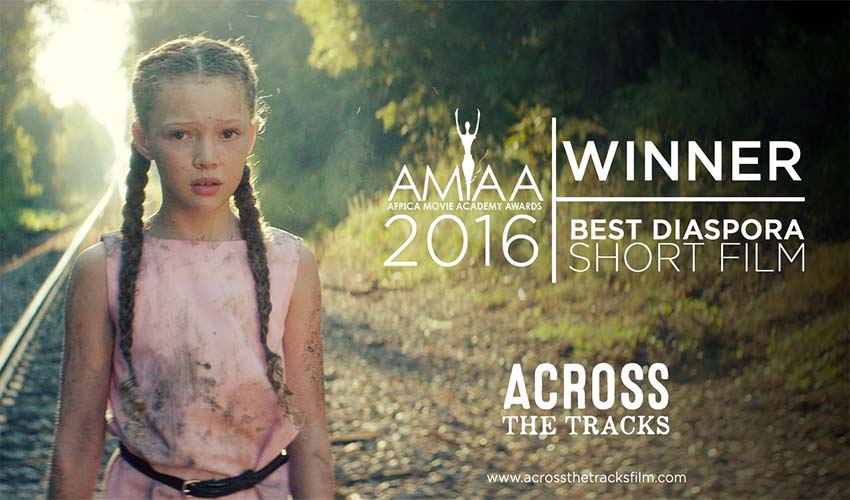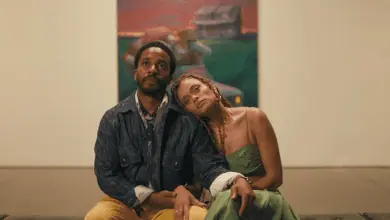‘Across The Tracks’ Is A Gripping Tale Of Colorism And Identity In The 1960s South
The 16-minute short studies the complexities of identity and colorism.


Across the Tracks, a short film by Mike Cooke, tells the story of two young African-American sisters in Georgia during the racially charged 1960s. As fair-skinned sister Ella makes the conscious decision to pass for white when her school system becomes integrated, Across the Tracks begins to examine the complexities and challenges rooted deeply in identity and colorism.
Through the eyes of young Ella, her world shines brighter as a white girl. Access to cleaner bathrooms, being served first, and not having to take the long way home all come with the territory of being white during such a time. But what happens when the strong bonds of sisterhood are severely damaged when Ella’s “white girl” role begins to feel too real? Although the deep, inner thoughts that childhood Ella feels due to her actions are not revealed in the 16-minute short, we are given a glimpse into the adult lives of sisters Ella and Tara and find that decades later, the wounds have never fully healed.
Across the Tracks is a profound short, with infinite potential to become a full feature. Identity, particularly as an African-American, can often have blurred lines, as shown with Ella’s character. Who do we identify with, and why? It is a film where the significance is evergreen; a film that not only tackles identity, but also familial ties, the lasting consequences of our actions, and our ultimate growth as human beings as we begin to mend the wounds.
Rent or buy Across the Tracks today: https://www.acrossthetracksfilm.com/
The film stars Berkeley Clayborne, Brynn Crosby, Carla McCullough, Thursday Farrar, Don Battee, E. Roger Mitchell, and Nicky Buggs.






